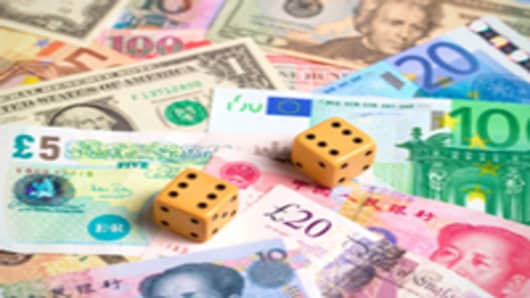The president of the Federal Reserve Bank of Dallas, Richard Fisher, rejected the idea that higher inflation would spur the economy on Monday.
Saying the last thing businesses needed in this economy was uncertainty, Fisher sided with Federal Reserve Chairman Ben Bernanke in his public feud with Paul Krugman, the Nobel Prize-winning economist and New York Times columnist.
Called “The Battle of the Beards” by The Washington Post, the back-and-forth between the two highly respected economists began when Krugman called on the Fed to raise inflation targets, a move Bernanke called “reckless.”
“I would say that Ben Bernanke’s guilty of understatement. It would be more than reckless. It’s a silly thing to recommend,” Fisher said on CNBC’s “The Kudlow Report.”
“I understand the argumentation from Krugman’s standpoint, from his perspective. He’s just trying to broaden the window to try to make things normal if we were to go below the 2 percent rate. That’s our long-term target. I believe we’re going to stick with it. I personally feel that this is something that is ultra-critical for our credibility.”




